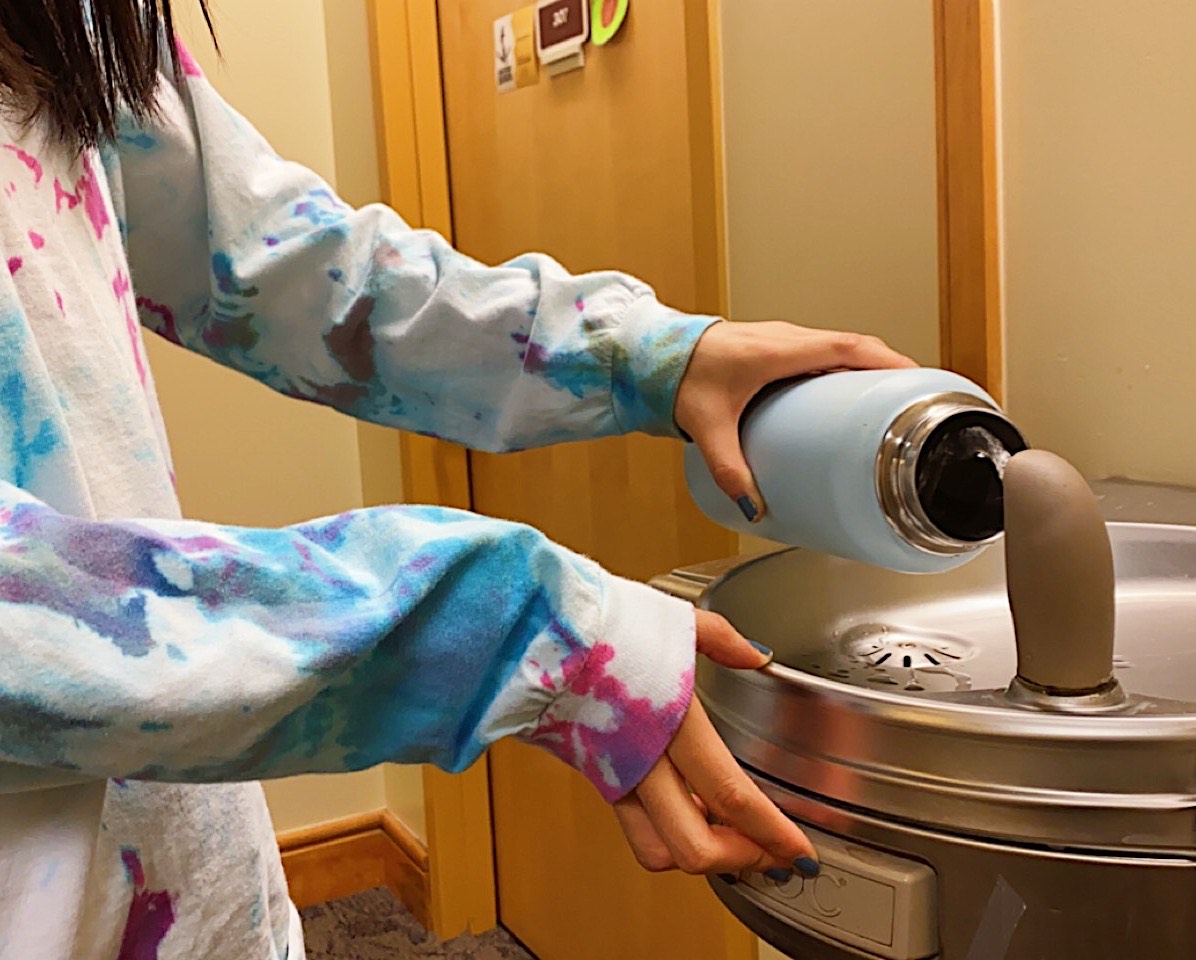By: Jaime Svinth
Consumerism– we all do it, we all make a living off of it, and, quite frankly, our economy runs because of it. But, it’s 2020, and it’s time to get smart with our consumerism. When it comes to supporting the good of our world- both its people and the environment- we all can contribute, one dollar at a time.
However, it’s easy to feel overwhelmed with knowing where to begin making sustainable choices. For some of us, we have already shifted towards supporting more ethical brands and ditching plastic straws, but, for others, it can be difficult to know where to start. Here are a few easy tips to help you become the smartest consumer you can be:
- Start Small
With so many options and a culture that asks so much of us, a lot of pressure to consume ethically can dissuade some from even starting. For Vanderbilt senior and environmental enthusiast Naomi Theuri, starting small is the best way to get involved.
“My favorite youtuber [Shelbizlee] says ‘you can’t give all the good the world needs, but the world needs all the good you can give’,” Theuri said. “If you want to stop eating meat or dairy for one meal a day, that does something. It does feel like a huge problem, but collectively, we can make an impact and the earth can improve.”
She suggests starting by getting a metal straw, or perhaps just having one meal a week without red meat or dairy products. If you start small, you can increasingly add more sustainable actions as you feel comfortable, or just stay small if that’s all you can do. Any contribution helps.
- Use what you have
One of the best ways to practice ethical consumerism is to use what you already have. Intuitively, by simply eliminating excess consumption, you can decrease your support for unethical brands. Furthermore, with money saved from not over-purchasing from unethical brands, you can save up to purchase from more ethical brands (see tip 4 for a resource to help you find these).
Similarly, you can save money by going to thrift stores and buying recycled clothing. Not only is the clothing cheap, but it does not support sweat-shop labor and helps the environment by eliminating the need to use more raw materials.
- Use social media to educate yourself
As something we all look at everyday, social media plays a powerful role in shaping our ideas and forming our habits. One of the biggest roadblocks in practicing ethical consumerism is access to information. By following accounts that advocate for and share sustainable brands and ethical consumerism tips and tricks, you may be better informed to make more sustainable choices in your day to day life. The influencers may even suggest something small you can do that you had never thought of. Check out the links below to add some sustainability to your feed.
- Instagrams:
- Podcasts:
- Youtube:
This website is deserving of its own bullet point. It addresses one of the largest industries in which our consumerism has drastically perpetuated unethical behavior: the fashion industry. Large clothing manufacturers often outsource manufacturing to countries where workers don’t get paid living wages.
“If it’s really cheap, it’s probably not ethical, so don’t go for it,” Theuri said. “It’s not just about recycling plastic, it’s about every aspect of your life; it’s about how you treat people you don’t know and using your money in a way that reflects that intentionality.”
Because it’s often hard to know what companies practice ethical behavior, goodonyou.com does the research for you, and assigns a rating to almost every mainstream company for their ethics on the “Planet,” on “People,” and on “Animals.” This is a great website to find out information about the brands you shop at without the hassle of digging for information yourself.
5. Get involved in policy
Sometimes, making the sustainable choice (i.e. buying from ethical brands), can be expensive. Paying for these things is not a luxury afforded to everyone. As an environmental activist, Theuri understands that not everyone that wants to become more sustainable can do so in the same way.
“[Being sustainable] is not as accessible as I want it to be,” Theuri said. “That’s why policy change can be so important, just like banning plastic. I think it’s good to remember that corporate companies are the biggest reason we’re in this crisis.”
Consumers can vote and become activists for laws that ban single-use plastic or use their voice to demand change from their favorite companies.




